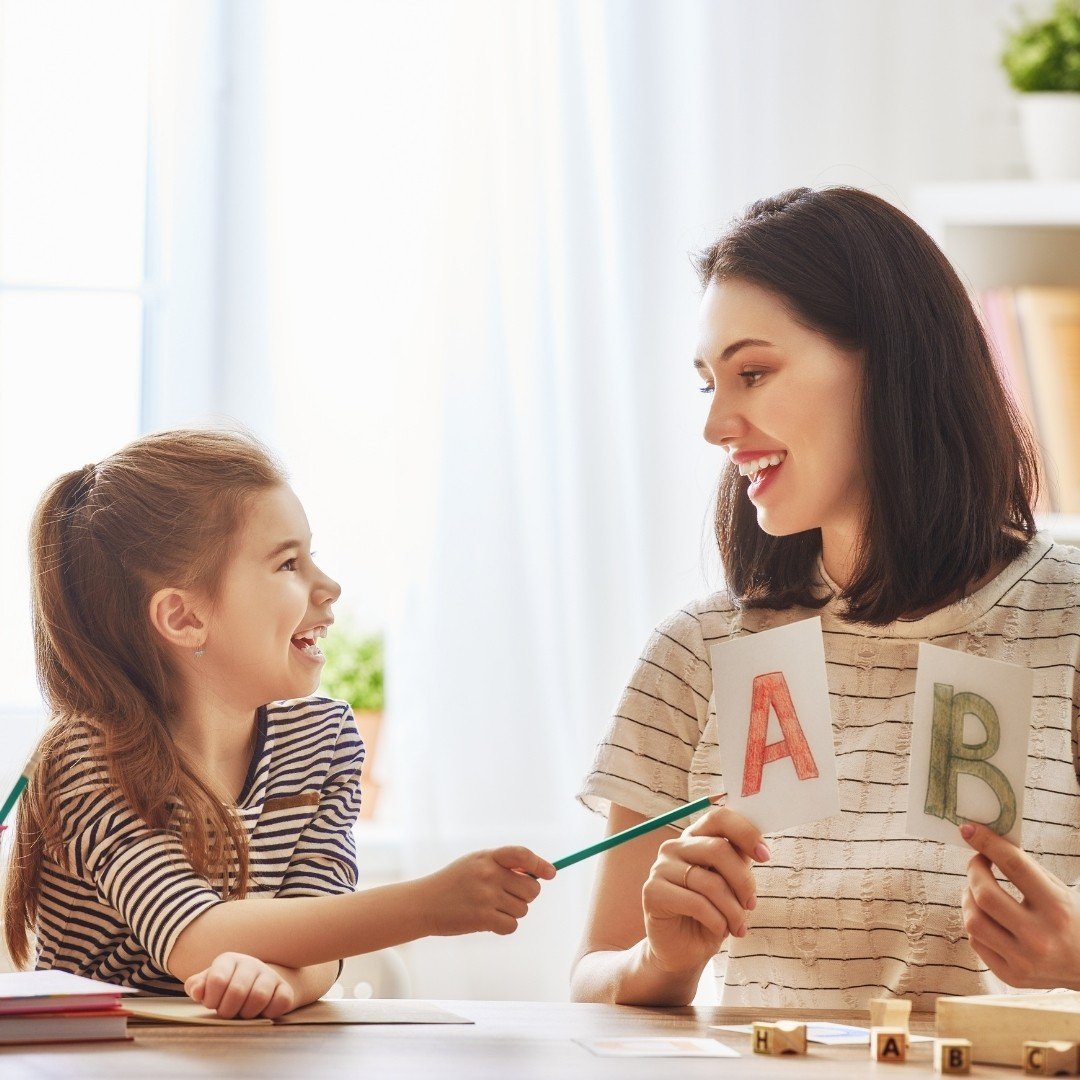
Is it OK for my child to make up words?
You might have noticed at some point that your child gets a word slightly wrong and it takes on a whole new pronunciation, or they even make up a new word for something they don’t know the name of. While this might sound like something you should nip in the bud and correct, it is actually a big part of how children learn language.
Mistakes that make sense
Sometimes slight mishearing can even create wordings that make complete sense. For example, my daughter used to say glue tack, rather than blue tack, but we all knew it was sticky! And she called a windowsill a window shelf, which is also a logical replacement.
Often, our complicated rules for language can cause misunderstandings and in turn, more new words. Why isn’t it winding, when yesterday it was snowing and the day before, raining?
Adding the past participle ‘-ed’ to the end of the wrong words is also a commonly heard mistake, for example when children misuse the rule found in sentences like “I baked a cake” or “I walked to the park” and say “I catched the ball”. The fact that they’ve learnt the ‘ed’ rule shows that their language is developing, and they understand how to talk about the past, so don’t worry about the odd misapplication of the rule.
Is that even a word?
Children might also develop new words for things that they don’t know the name of. When they have a gap in their language that they need to fill in order to express themselves, either because they can’t pronounce a word, or they don’t know it, a new word is born.
This is all part of learning language – I’m sure lots of people have creatively named grandparents for example. When my little girl was learning to talk she couldn’t pronounce Grandad, so she found a new word that she could and thus, ‘Rarag’ was born.
A famous example of someone using language this way is Roald Dahl. One of the most treasured children’s storytellers, he is best known for his onomatopoeia-style language which keeps young readers entertained – snozzberry, phizz-wizzing, scrumdiddlyumptious and more.
His delightful made-up words have even been compiled into a dictionary by lexicographer Dr Susan Rennie, who explains that these words are based on familiar sounds which is why children understand their meaning, even if they haven’t come across the word before.
Another literary great, Shakespeare, made up a whole raft of words that we now use in everyday language. Madcap, rant, zany, elbow, gossip and up to 1,700 more words in our current dictionary were coined by Shakespeare when writing.
So next time your child invents a ‘nonsense’ word, don’t be so quick to correct them – you might have a literary genius on your hands! Instead, ask them more about the word, what it feels like and whether you can use it too (some children might be protective over their new words). This gives you the opportunity to introduce them to new words that are like it, which is all part of expanding their vocabulary and language development.
Conclusion
As well as being fun, these words allow children to express themselves and form a significant part of children’s language learning. By accepting them as a positive part of their language development, you encourage your child to experiment with words and in turn, you nurture their creativity.


